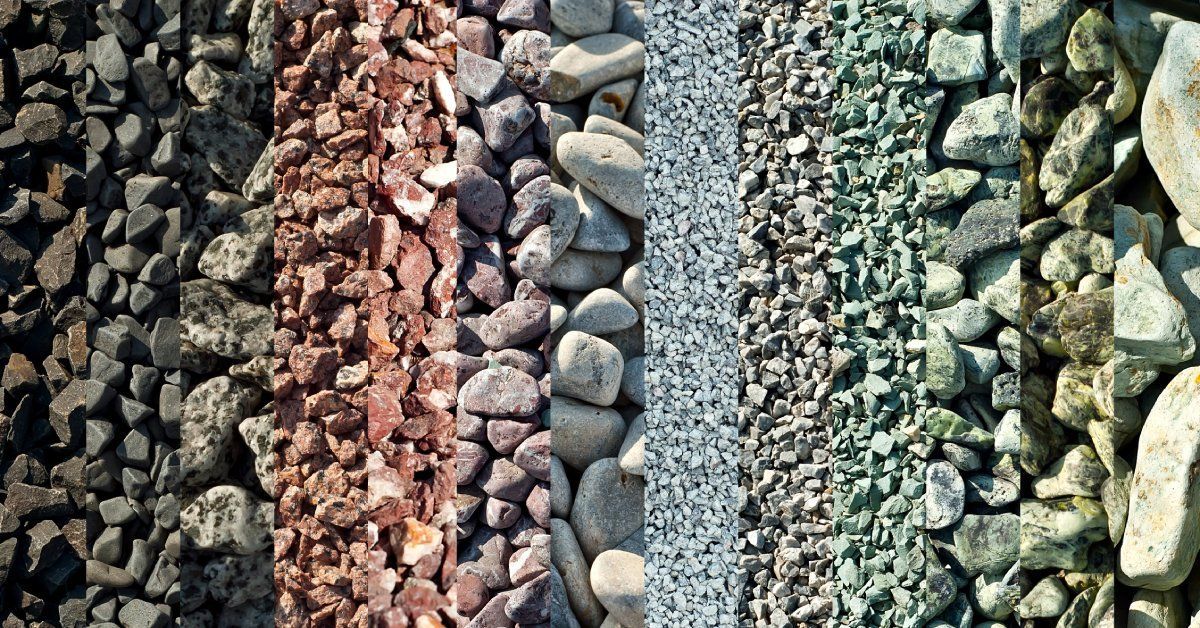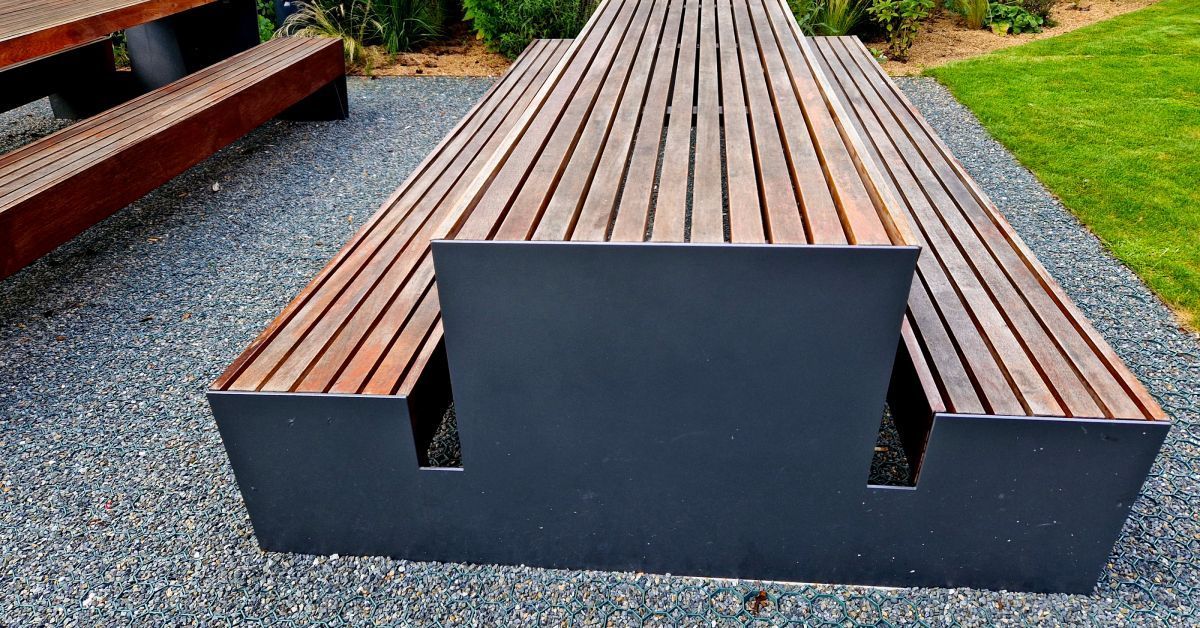The Differences Between Epoxy and Resin-Bound Paving
Using permeable paving materials is a far superior method of draining water from urban areas and minimizing the impact a city or town has on the surrounding environment. However, when searching for the right material, you may notice there are two types of permeable rock: epoxy paving and resin-bound paving. Here are the differences between epoxy and resin-bound paving.
What Is Epoxy?
The most confusing thing you’ll encounter is the term “epoxy resin” when trying to figure out the difference between the two, so it’s vital to first understand that “epoxy” refers to epoxide. Epoxide is the cured product of the materials within the epoxy resin. It’s the result of mixing resin with a hardener. Alternatively, the epoxide can undergo ultraviolet light exposure to become UV resin.
Epoxy coatings are beneficial for providing greater heat and chemical resistance. They can also adhere to various materials, making them great for permeable pavement that has to endure the heat of summer or chemicals from pollution.
What Is Resin?
Resin is a highly viscous substance that hardens and forms an effective adhesive. Resin can come in many forms with various properties to best suit the application, but the substance itself comes from plant or synthetic origins that manufacturers convert into polymers. Resin-bound systems are highly flexible and allow for endless design possibilities. Furthermore, the resin is easy to apply and lasts long. Moreover, it prevents slips. When you get resin-bound permeable pavement, you can minimize slipping hazards from rain or ice. When installed correctly, resin-bound materials require very little maintenance, as weeds and other undesirable substances can’t grow or get between the resin. At the same time, it remains permeable enough to drain water.
Relating to Permeable Paving
So how do the differences between epoxy and resin-bound paving relate to your choice of pavement? Epoxy coatings are beneficial for providing greater heat and chemical resistance and can adhere to various materials, making them great for permeable pavement that has to endure heat or chemicals. Epoxy is also durable and won’t easily wear down from the daily traffic of city life.
Resin-bound paving, on the other hand, is an easy solution that you can install and forget. Long-lasting and durable like epoxy, a standout benefit of resin-bound materials is that there’s no loose aggregate thanks to the resin hardening. This further reduces maintenance needs and makes the pavement more accessible for wheelchairs! If you decide to go with resin-bound paving over epoxy, you should contact Rockpave. We supply resin-bound paving that you can use to give your projects visual attractiveness and functionality.










